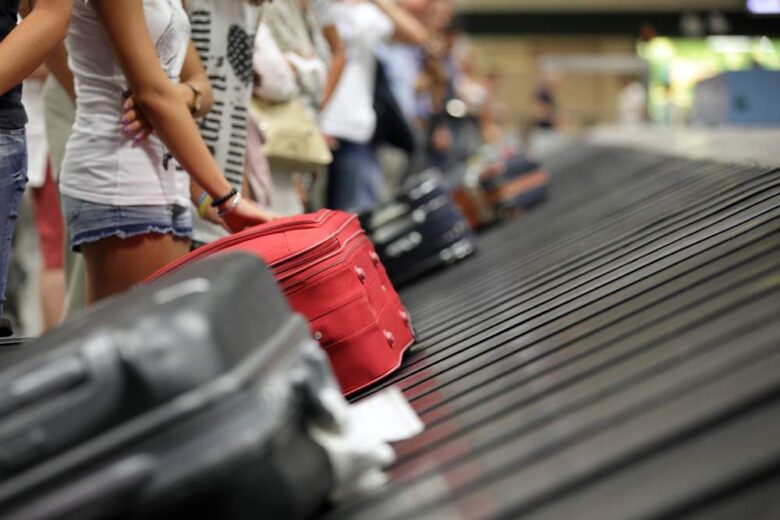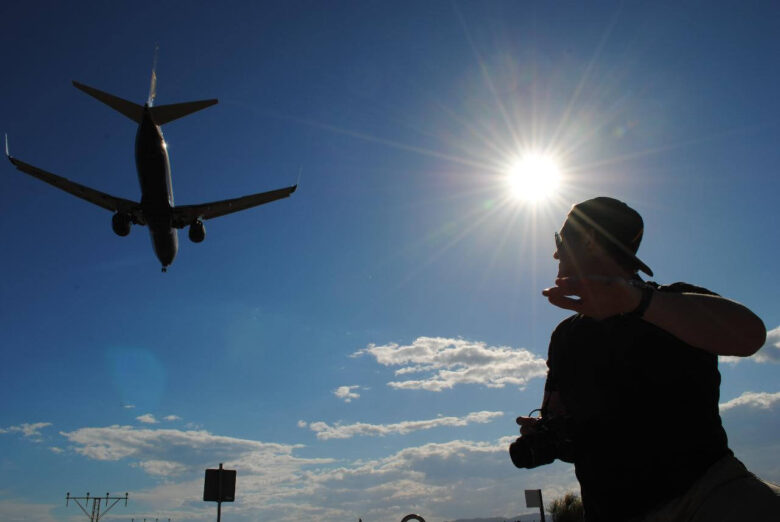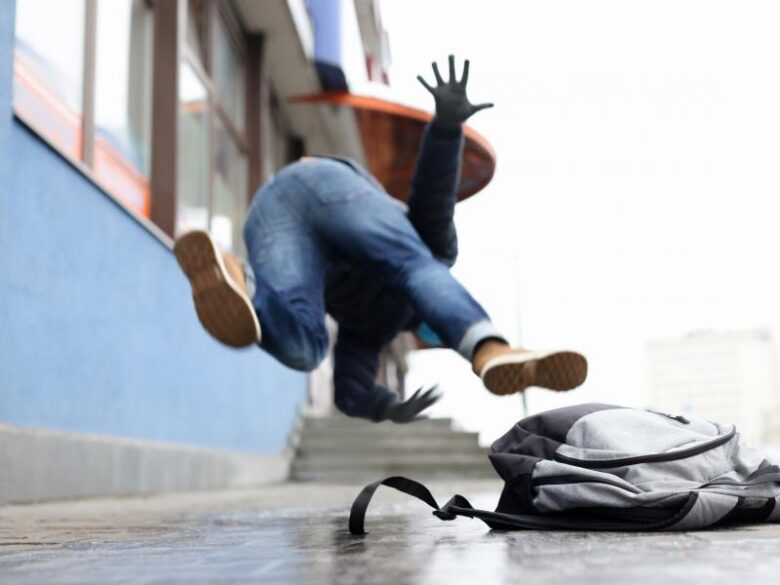One of the best ways to unwind and rejuvenate is by taking a trip to distant locations. Traveling helps create memories you cherish for years while helping you focus on the positives of life.
However, several typical travel disasters can ruin your vacation, making it somewhat’ unforgettable’ in a not-so-great way. These include missed flights, injuries, lost luggage, bad weather, food poisoning, etc.
Although you can significantly minimize the chances of undergoing a bad experience by taking out time to plan your trip, you should always be ready for the unexpected and know what to do to prepare for them.
Contents
What If You’re Cash-Strapped?
To be adequately prepared for any eventualities, having enough pocket money is vital. It’s not just about having enough money for food or transportation; it’s also about having a little extra in case you need it.
If you’re low on cash, you can turn to online lending institutions to connect you to their list of vetted lenders for a quick loan, despite an imperfect credit score. According to Harrison Jones, a financial analyst at MoneyAsap.com, “In the last couple of years, same-day loans also evolved to accommodate those with poor credit scores, becoming accessible to almost everyone.”
That said, here are some typical travel disasters as well as helpful tips on how to prevent them from happening:

Source: tripatini.com
1. Lost Belongings
Baggage handling appears to be safer than before, with Statista reporting a meager 3.5 lost bags for every 1,000 air travel passengers in 2020. Still, a staggering 24 million pieces of checked luggage got lost worldwide in 2018.
Knowing the whereabouts of your wallet, smartphone, and passport is, therefore, highly essential. Misplacing any of these essentials can undermine your travel plans.
For instance, not finding your passport can prevent you from boarding your return flight. Also, you definitely can’t purchase anything if your wallet is lost. Therefore, move your wallet to your front pocket, where it’s safer from pickpockets. You should especially do this in areas where pickpocketing is a considerable problem, which is usually in large cities. Before traveling, get to know your destination a little bit.
Similarly, you can’t make calls or online payments if you misplace your smartphone. The good part is that you can avoid all these troubles by following the tips below.
How to Avoid This Problem:
Always carry your passport in a carry-on bag or keep it on you. Keep a photocopy of the passport in your luggage. A scanned copy should also be in your email or the cloud for easy accessibility from any part of the world.
Contact the nearest embassy or consulate for a replacement if your passport is missing. You should also notify the local police if you can no longer find your wallet.
Additionally, having emergency cash is vital; money can help you get out of nearly any tight spot.

Source: schengenvisainfo.com
2. Missed Flights
A missed flight is one of the most prevalent travel disasters that occur in the life of nearly every traveler. Arriving at the airport one hour or even 30 minutes before takeoff can ruin your travel experience before it even starts. It’s what we tag as the perfect recipe for missing a flight.
How to Avoid This Problem:
Ensure you arrive at the airport at least three hours before takeoff time. You’ll have to leave home as early as possible if you drive to the airport or use public transportation.
Arriving three hours before flight time gives you ample opportunities to navigate delays so you can board quickly when the time comes.

Source: medium.com
3. Bad Weather
Nothing ruins a trip faster than bad weather. While you can’t control Mother Nature’s actions, preparing for such eventualities is essential. You can even decide to cancel your trip altogether to avoid getting stuck somewhere due to bad weather.
How to Avoid This Problem:
Before you embark on your trip, ensure that you check if the weather conditions at your destination are favorable or not. Sometimes, the weather can be too bad that nearly all flights get canceled. Anticipate this scenario and arrange for a backup plan.
This may include booking extra days at your comfortable hotel or Airbnb room. Travel insurance will also help you cover any financial losses if you cancel due to bad weather. You should also know the policies of the airline regarding natural disasters. It’s not always the first thing you think of when booking a plane ticket, but it certainly gives you some peace of mind.

Source: getforesight.com
4. Illness or Injury
It’s no news that travelers often get sick — up to 22–64% of international travelers do. Several factors may trigger an illness or injury, such as an infection, unexpected climate or weather change, increased stress, food, etc.
How to Avoid This Problem:
You can minimize the risks of illness or injury by taking preventive measures that ensure you stay healthy while traveling. You can:
- Purchase travel insurance for medical coverage/emergencies, natural disasters, and evacuations. Travel insurance that covers these contingencies can help save you tens of thousands of dollars on medical and emergency assistance.
- Consult your physician before traveling to ensure you have 100% access to any essential medications you may need, particularly if you have an existing health condition.
- Drink only bottled water and eat at hygienic spots.
- Get lots of rest before embarking on your trip, and stay hydrated throughout the trip.
- Avoid infections by constantly washing your hands or using a hand sanitizer when taking public transport or flying.
- Avoid risky activities that push you beyond your physical limits.
- Keep all your emergency contacts and travel insurance details on paper. Keep the paper copies in a separate compartment from the originals as an extra safety measure. Your emergency contact details should also be on you at all times.
- Carry extra medication, so you don’t run out of prescription medications due to unexpected delays. Moreover, some of your medications may not be available locally, so bringing your supply of prescription medication is crucial.
Conclusion
The truth is that there’s no one-size-fits-all way to ensure complete preparation for typical travel disasters. Expect that anything could go wrong at any time.
Still, your preparedness against these eventualities can be the difference between a fulfilling travel experience and a disastrous one. Ensure you go through the safety tips shared above and keep them in mind the next time you travel.
